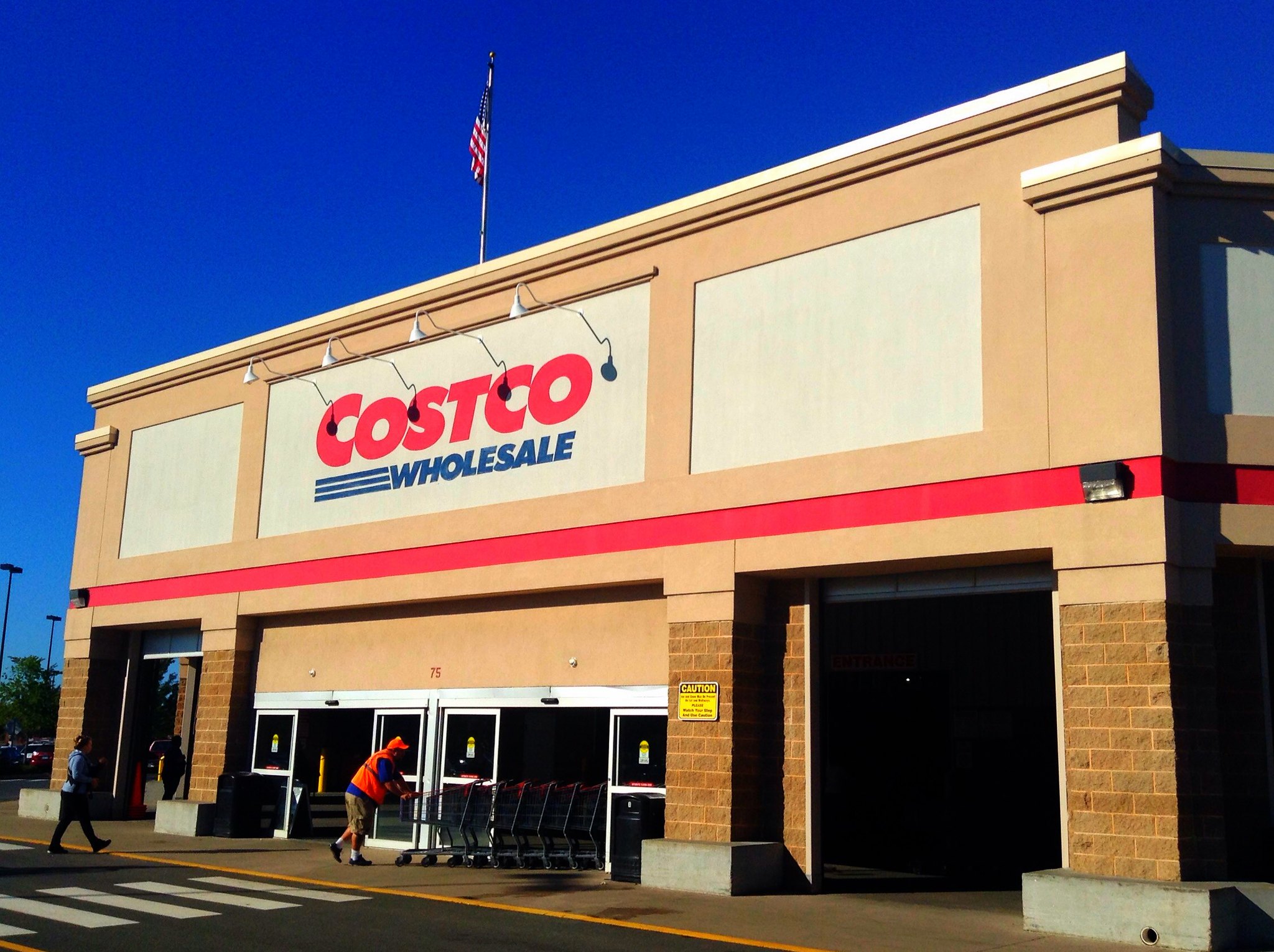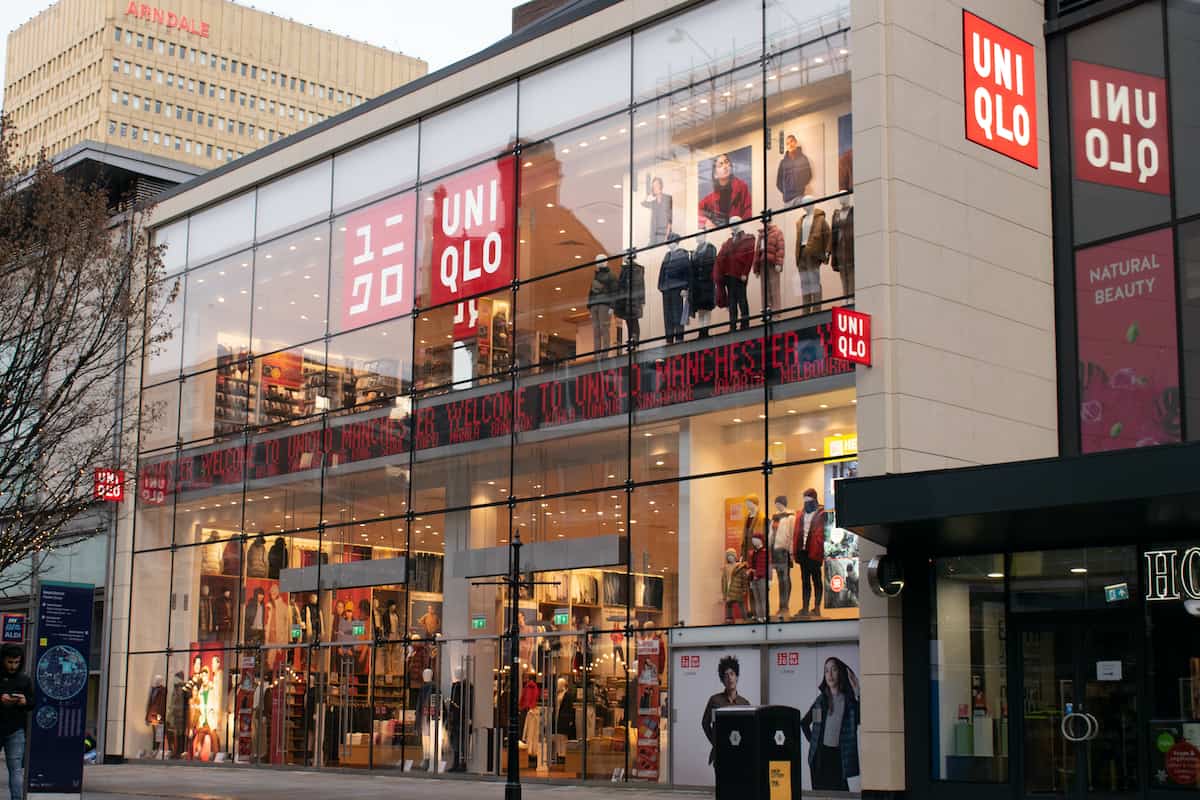Shoppers are slowly returning to stores as workers start to go back to offices as Covid-19 lockdowns ease, the latest figures suggest. New research suggests that the online boom seen during lockdown will fade to some extent as more sales take place in shops. Nonetheless, progress is still being made on new hybrid ways of shopping that enable both online and stores to benefit from consumer demand.
High street stores welcome more visitors
High streets (+2.6%) were the main beneficiaries of an overall rise in footfall (0.4%) last week, the first week of September, according to the latest Springboard figures. But while more office-bound workers appear to have headed to high streets than in the previous week, they seemed less likely to visit shopping centres (-2.7%) and retail parks (-0.9%). And visitor numbers remained down compared to last year on UK high streets (-30.2%), shopping centres (-28.8%) and, though to a lesser extent, on retail parks (-9.7%).
Office workers largely stayed at home during lockdown, but they are now being encouraged by the government to return to work. The numbers that can return will ultimately be limited by the number that offices can fit while still adhering to the social distancing guidelines that remain in place.
Across the UK, office employment is highest in Greater London – and high streets there saw footfall rise by 5.3% on the previous week. That’s more than in any other area, although high street footfall was still up, week-on-week, in seven out of the 10 UK areas that Springboard considers, including the West Midlands (+4.1%) and East Midlands (+4.7%). Shopping centre footfall fell in all areas except Greater London (+3.5%), and retail park visitors rose, week-on-week, in only three UK areas. Despite the week-on-week recovery, Greater London high streets are seeing visitor numbers that are 40.9% down on the same time last year, 51.9% lower in central London, and 39.5% lower in regional UK cities.
Diane Wehrle, insights director at Springboard, said: “The week of August Bank Holiday Monday, which for many households represented the first week that children returned to school, led to a modest rise in footfall across all UK retail destinations. Last week’s result was enough to continue the trend of recovery, delivering the best year-on-year result since the start of the lockdown in March.”
What does this mean for online sales?
One piece of research out today suggests that the boom in online shopping will lose some of its impact as Covid-secure postrooms ban personal deliveries. Payment solution business Openpay asked 2,000 shoppers how their online shopping behaviour would change as they returned to the office. A quarter (25%) said they would buy less online, while 38% said their companies had a blanket ban on personal deliveries. Just over a third (34%) said it was frowned on at work to receive too many personal packages, and 20% said the thought of carrying online orders home would stop them ordering over the internet, while 33% said they felt awkward and embarrassed when they bumped into other commuters or used a seat for their parcels.
Andy Harding, UK managing director of Openpay, said: “Missing a delivery is always frustrating, so it’s easy to see why Brits took full advantage of being home during lockdown. With people returning to work, it is quite staggering that so many post rooms have draconian bans on personal parcels. The traditional workplace is changing now more than ever, so it’s time for offices to meet the needs of workers. Every employee is also a consumer and they require flexibility at every point of their purchase, from payment to delivery.”
How one leading London landlord is helping its retail tenants promote their stock online
Grosvenor Britain & Ireland, which has retail tenants on some of the most chi-chi streets in central London, is now now helping them to promote their stock to local shoppers for free.
It is the first landlord to work with NearSt to drive footfall to retailers in destinations from Belgravia’s Elizabeth Street to Mayfair’s Mount Street as part of a wider programme of tenant support.
NearSt, founded in 2015, says that during the pandemic it saw a six-fold increase in searches for local product availability in a way that highlighted the importance of making in-store inventory available to online customers. It says its technology enables retailers to promote all the products that they have on the shelves or in stock to customers who are nearby and searching for those items. In addition, it gives retailers the data to understand the shape of local demand – and says that in the first week of the scheme, products from the first three brands on NearSt were seen by almost 15,000 local shoppers.
Amelia Bright, executive director of the London Estate, Grosvenor Britain & Ireland said: “Technology is integral to the best shopping experiences and retail destinations. Visitors and workers are coming back to central London but with transactions in mid-July down 60% compared to January for apparel shops we must innovate to help retailers recover.
“Supporting brands and their connection with new customers is just one of the ways we are seeking to recast landlord-tenant relationships as a partnership, with both sides invested in the others success.”
Brands currently live on NearSt as a result of the partnership include jewellery designers VICKISARGE, Elizabeth Gage and Hirsh London, children’s clothing boutique Pepa & Co, design label NRBY, retail movement 50m and fragrance brand Jo Loves.
Jo Hooper, founder of NRBY Clothing said: “NRBY provides contemporary, comfortable clothing for home and nearby. So NearSt’s principle of finding a business close to you, quickly and easily, really resonates with our ‘local’ approach. Along with the desire to find what you want, when you want, comes the desire to shop more sustainably, locally and to support small businesses.
“Although it’s early days, Grosvenor’s partnership with NearSt shows the beginnings of a move in this direction – online shopping is not the only solution for shoppers these days, and there has to be a recognition of the impact of home delivery and how we can combine convenience with sustainable shopping options. Through its investment, Grosvenor can help us with the priceless experience of face-to-face service in building our business.”
Nick Brackenbury, co-founder and chief executive of NearSt said: “As socially distanced shopping becomes the norm, helping retailers easily and safely attract local customers will be essential for success.
“Our partnership with Grosvenor shows the incredible impact that’s possible when a world-renowned landlord focusses their resources on technology that can drive more customers to shop locally. We’re excited to be collaborating with Grosvenor on this innovative partnership and helping get more customers back into local shops.”
Almost two thirds of retailers on Grosvenor’s estate are independent or smaller brands, offering specialist products and services. Other ways their landlord has found to support them also include a Retail Concierge Service, a free service that helps retailers to open and trade sooner avoiding costly mistakes or over runs. Grosvenor has also funded an extension of the Eat Out to Help Out scheme in Mayfair and Belgravia.








